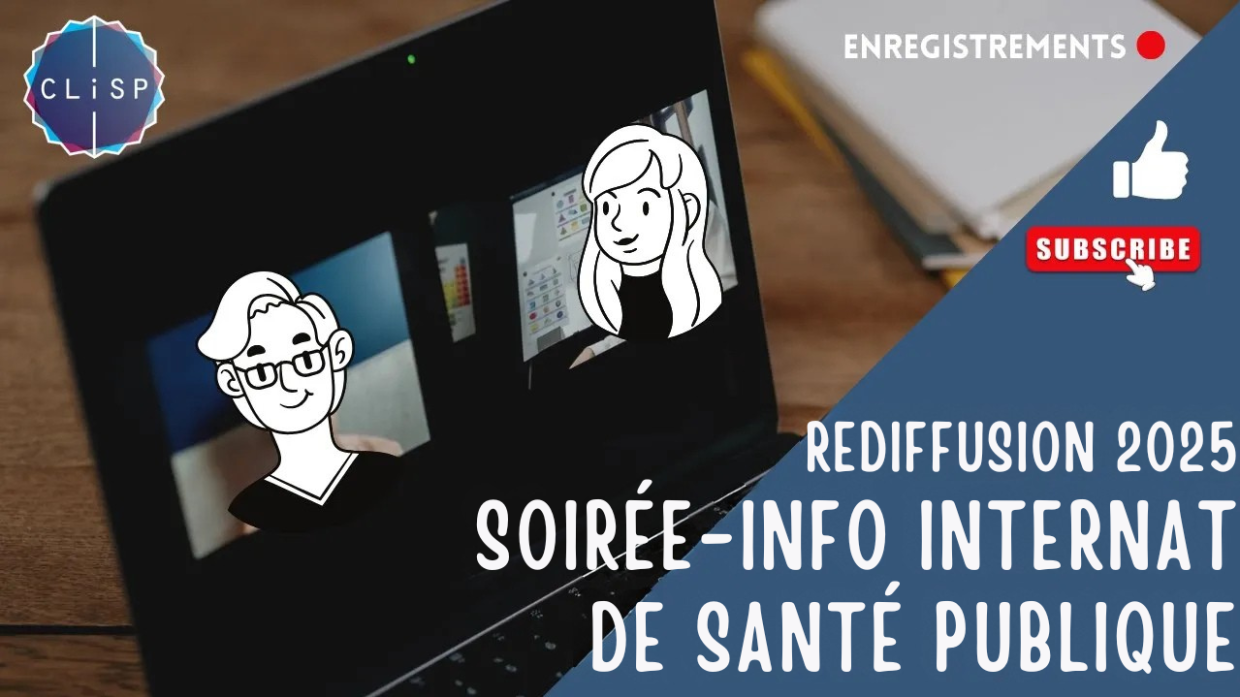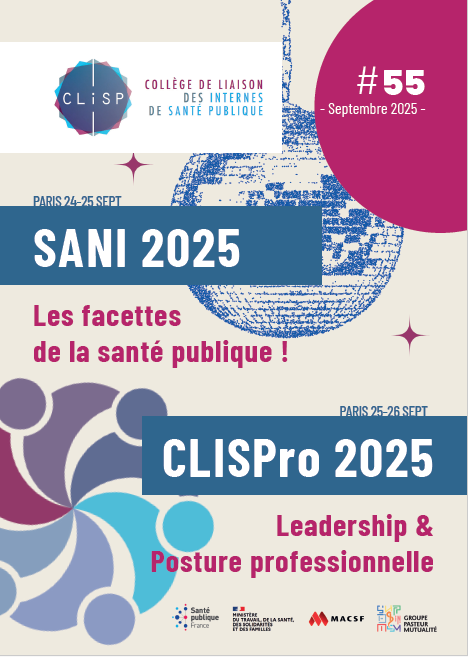CALL FOR PROPOSALS
Since the 1970s, the field of Evidence Based Medicine has provided a framework for the transfer and the regulation of biomedical innovations via the publication of national and international recommendations and guidelines. More recently, the assessment of the transfer of biomedical research into clinical practice – including research in health psychology and psycho-social epidemiology – has led to so-called ‘implementation’ or ‘translational research’, two activities for which outcome indicators are still being defined. The objective of translational research is to improve the transfer of research findings into medical practices, at both the clinical and public health levels. The evaluation of different kinds of interventions is one of the key issues, clinical trials being the gold standard in this respect.
Transferring findings made in the field of Social and Human Sciences (SHS) research to medicine and wider society is much more complex. While « applied » research in SHS directly seeks to analyze issues and problems faced by health professionals, the primary aim of « fundamental » SHS research is to enrich SHS knowledge and its theoretical frameworks. The impact of this latter kind of research on medical or social practices is neither direct nor immediate. Its results, however, could be useful to a variety of actors in the healthcare domain (professionals, patients, caregivers, patients associations, policy makers…), provided that they can have access to these findings and appropriate them.
The aim of this international conference is to initiate a multi and interdisciplinary discussion, involving various actors, on the use and utility of social science research for and by health professionals, broadly defined. Drawing on examples from completed and ongoing research projects, we will explore the issue of « translation » and « implementation » of SHS research findings to the field of medicine and health by analyzing how and under what conditions these findings are mobilized, translated, and used by various actors. The objective is to contribute to a better understanding of the processes involved in the communication and dissemination of knowledge in the social sciences, as well as how this knowledge is actually used by healthcare practitioners. How to translate research findings beyond scientific publications? What additional scientific and media communication initiatives should be taken? What is the role of researchers and other research professionals in these processes? What about patients associations? Which possible role for communication specialists?
Thematic sessions:
• Session 1: Research on health communication: translating results into clinical practice. Papers focusing on doctor/patient communication in oncology, or more specifically on shared decision-making or health literacy will be welcome. Particular interest will be given to papers focusing on patients’ access to interventions and on the implementation of interventions in the routine care. Papers addressing the communication of Social and Human Science data to patients and among healthcare providers will also be welcome.
• Session 2: Collecting cancer patient-reported psychosocial outcomes: impact on medical practices and social policies. Papers on the impact of collecting psychosocial data in either routine practice or surveys will be welcome, whether they focus on patients’ perceived health, their satisfaction and concerns, or their living conditions, for example.
• Session 3: How the knowledge produced by research in medical anthropology in the field of cancer can contribute to medical practices. Priority will be given to papers focusing on the logics (cognitive, cultural, social and economic) behind patients and health professionals’ behaviors regarding issues such as the use of drugs, the monitoring of patients’ treatment, therapeutic education, and patients’ access to care and screening.
• Session 4: How can research in health sociology provides insight into biomedical innovation processes in the field of cancer, or contribute to the development and management of these processes ? Papers may address any innovation-related issues as long as they refer to the general theme of the symposium, for example: responsible innovation; exchange and knowledge transfer; organizational innovation and translational research; clinical trials and participation of patients; governance and regulation,..
Call for abstracts
The official language of the conference is English, apart from the round table discussion, which will be held in French.
Communications – having 15-minute time slots – will be presented at 4 thematic sessions
Proposals consisting of a title and a short abstract (2000 signs including references and spaces) should be submitted here: sshtranslation.sciencesconf.org
Important dates:
Submission deadline: May 30th, 2017
Acceptance notifications: July 1st, 2017
Registration: participation is free but registration Is mandatory


